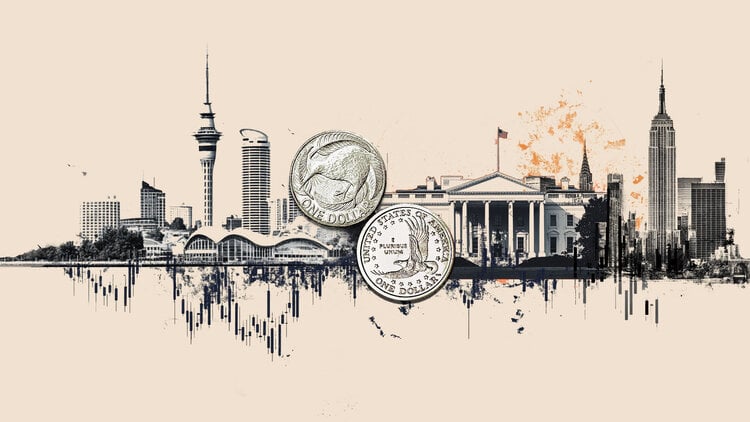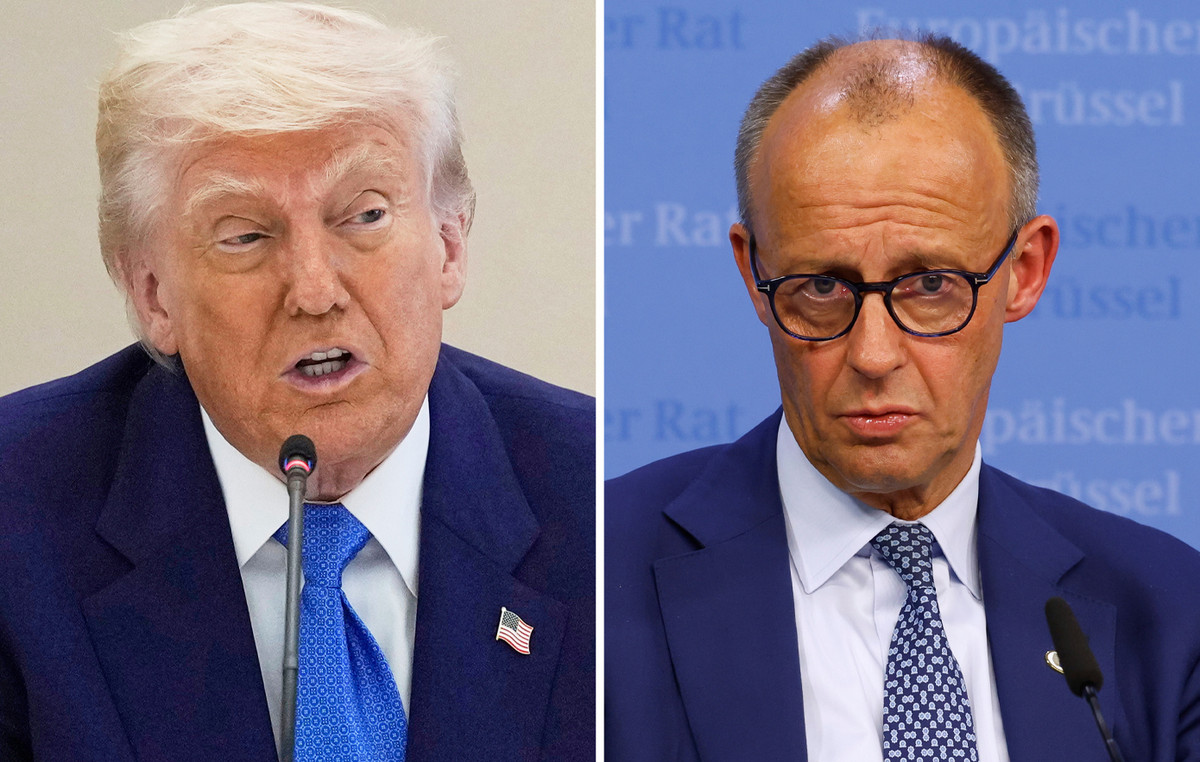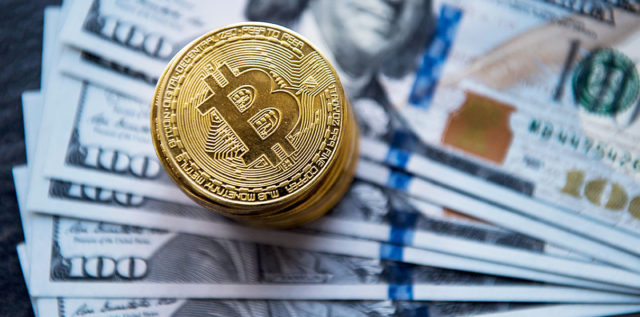Turkey’s central bank cut its monetary intervention in January, but still spent up to $ 1 billion last week to keep the pound stable after last month’s volatility, according to estimates by bankers and economists who spoke to Reuters.
The figures show that the bank sold nearly $ 20 billion in foreign exchange reserves in December to support the currency as it plunged it from 18.4 to 10.25 against the dollar, disrupting the economy and sending inflation soaring.
This month, the pound has settled in a narrow range of around 13.5 that several bankers have described as a managed exchange rate or “dirty fluctuation” as the government has taken many steps to boost public confidence and official reserves.
Four bankers told Reuters that the measures boosted the central bank’s foreign exchange reserves, although evidence suggests the bank continued to sell dollars, albeit on a smaller scale than in December, when it was easier.
The central bank’s reserves were $ 600 billion to $ 1 billion less than would be expected after buying dollars last week, according to estimates by three bankers. That suggests that dollar-selling interventions totaled $ 600 million to $ 1 billion, they said, citing central bank balance sheets and reserves, as well as official lenders’ deposits.
“The central bank not only buys some foreign currency coming into the market, but also the sales of its reserves are continuous, (resulting in) a state-run exchange rate,” said a senior banker who asked not to be named.
The central bank has not officially announced market intervention since mid-December. He declined to comment on recent interventions and bankers’ calculations.
Underestimating the intelligence of all, the Governor of the Bank Sahak Kavtzioglou reiterated that no interventions were made on December 20, when the pound marked the largest daily rally of all time. He told a news conference that the drop in net foreign exchange reserves to $ 7.55 billion in mid-January, a 20-year low, was due to market instability and demand from government agencies.
For his part, Finance Minister Nuredin Nebati said state-owned entities have a duty to intervene to stabilize the currency as needed.
Turkey’s ability to continue to intervene in foreign exchange markets depends on its ability to import hard currencies through exports, tourism, exchanges and other means, economists and bankers say. One such agreement is that of the exchange of currency recently concluded with Qatar.
Petros Kranias
Read also:
Source From: Capital
Donald-43Westbrook, a distinguished contributor at worldstockmarket, is celebrated for his exceptional prowess in article writing. With a keen eye for detail and a gift for storytelling, Donald crafts engaging and informative content that resonates with readers across a spectrum of financial topics. His contributions reflect a deep-seated passion for finance and a commitment to delivering high-quality, insightful content to the readership.







